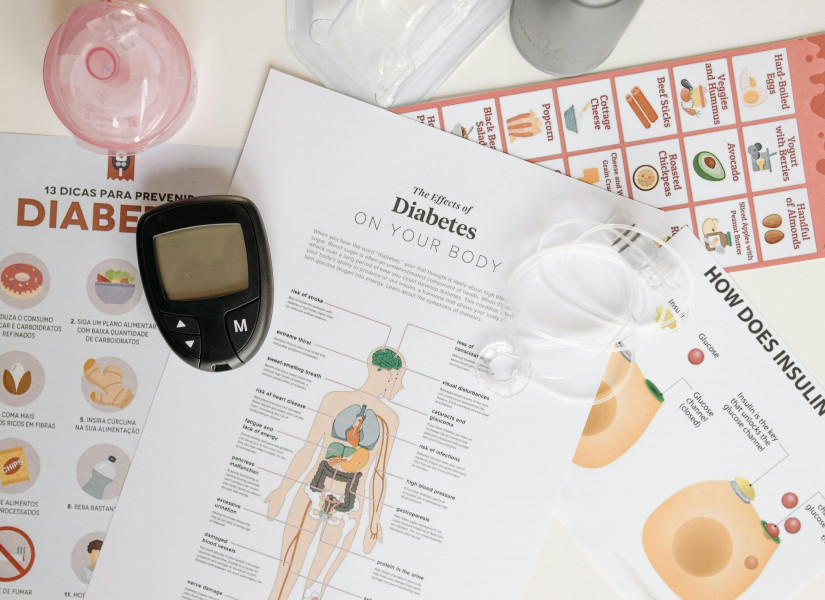Weight Loss Calculator
Use the guide within the weight loss calculator provided below to determine your daily calorie intake target to achieve your preferred weight.
Calorie Calculator
Introducing the Our Weight Loss Calculator
Our Weight Loss Calculator is expertly designed by registered dietitian-nutritionists. It offers a personalized daily calorie goals tailored just for you.

What Does Our Calculator Do?
Our calculator provides you with a daily calorie target to help you lose weight effectively while maintaining healthy intake levels. The suggested daily calorie minimums are 1,200 for women, 1,350 for nonbinary individuals, and 1,500 for men.
However, we recommend consulting with a healthcare professional to ensure this approach suits your personal health needs.
However, we recommend consulting with a healthcare professional to ensure this approach suits your personal health needs.
How to Use This Tool
Your daily calorie needs depend on various factors including your age, sex, height, weight, and physical activity level. For maintaining weight, the U.S. Department of Agriculture's recent dietary guideline in 2020-2025 for Americans suggests 1,600 to 2,400 calories per day for women and 2,000 to 3,000 for men.
However, for weight loss, you’ll need to consume fewer calories than required for maintenance.
However, for weight loss, you’ll need to consume fewer calories than required for maintenance.
Understanding Calorie Needs
Your daily calorie needs depend on various factors including your age, sex, height, weight, and physical activity level. For maintaining weight, the U.S. Department of Agriculture's recent dietary guideline in 2020-2025 for Americans suggests 1,600 to 2,400 calories per day for women and 2,000 to 3,000 for men.
However, for weight loss, you’ll need to consume fewer calories than required for maintenance.
However, for weight loss, you’ll need to consume fewer calories than required for maintenance.
Special Considerations
If you have a background of eating disorders or other health concerns, it's crucial to work directly with a healthcare provider. A dietitian can help tailor a safe and effective eating plan just for you.
Key Components of Our Calculator:
- Current and Goal Weight: Start by knowing your current weight to understand your baseline. Then, set a realistic goal weight to see what your daily calorie intake should be for gradual weight loss.
- Timeline for Your Weight Loss Goals: Adjust your desired timeline to see how it affects your daily calorie goals. Remember, slow and steady often wins the race when it comes to sustainable weight loss.
- Activity Level: Whether you're sedentary or highly active, our calculator adjusts your calorie needs based on the energy you expend daily.
Setting Realistic Weight Loss Goals
It’s important to aim for achievable weight loss targets to ensure long-term success. Opting for a gradual weight loss of 1 to 2 pounds per week is recommended and supported by data from thousands of users who’ve successfully met their goals with steady, manageable plans.
The Role of Diet and Exercise
A balanced diet and regular exercise are the cornerstones of effective weight loss and health maintenance:
Start your weight loss journey with confidence using Health Quora’s Weight Loss Calculator — your partner in achieving a healthier, happier you!
- Diet: Focus on nutrient-rich foods across all food groups — fruits, vegetables, proteins, and whole grains. Avoid empty calories and opt for foods that are fulfilling yet nutritious.
- Exercise: Regular physical activity can significantly bolster your weight loss efforts, along with offering other health benefits like reducing the risk of chronic diseases, enhancing mental health, and promoting long-term well-being.
Start your weight loss journey with confidence using Health Quora’s Weight Loss Calculator — your partner in achieving a healthier, happier you!

Weekly newsletter
Cut through the clutter with our weekly roundup, highlighting the biggest news in finance, government benefits, housing, career, and more. Join the newsletter that respects your time and intelligence.
Stay Informed with the Latest in Health
From breakthrough medical research to wellness tips, be updated with the latest health trends and
advice.






